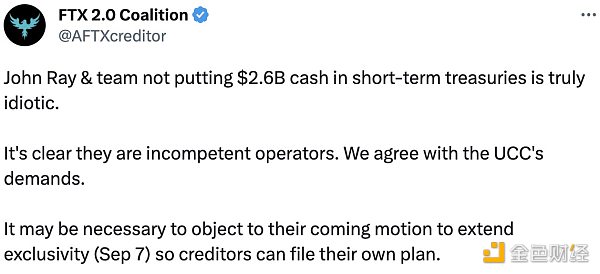Save 31 billion US dollars in compliance costs in 5 years, large-scale adoption of blockchain in food and beverage industry
According to Cointelegraph reported on December 1, the food industry can trace the source through the blockchain, saving up to $ 31 billion in global food fraud costs.
 (Image source: wikimedia )
(Image source: wikimedia )
A study released by Juniper Research on November 25 shows that the combination of blockchain technology and Internet of Things (IoT) sensors will greatly reduce retailers' costs because it simplifies the supply chain and regulatory compliance process, and further Improve the efficiency of food recalls and effectively address fraud.
Research indicates that the application of blockchain and the Internet of Things in the supply chain industry will have important value to the supply chain of food companies. By using these innovative technologies, the food industry can save up to $ 31 billion in food fraud costs in just five years.
- China Blockchain Talent Recruitment Report
- Perspectives | Bitcoin from a Money Carrier Perspective
- Site | Blockchain national team landed in Hangzhou, 5 applications accelerate the "urban brain" evolution
Research author Dr. Morgane Kimmich said:
Today, food companies have to rely on middlemen and paper records because of opaque data and low transparency and efficiency in the food supply chain. Blockchain and the Internet of Things provide an immutable shared platform for all participants in the supply chain to track assets, save time and resources, and reduce fraud.
Juniper's research further shows that food fraud can be significantly reduced in 2021, and compliance costs will be reduced by 30% by 2024.
Use of blockchain technology in the food and beverage industry
The food and beverage industry is adopting blockchain and IoT technologies on a large scale. Over the past few months, many companies, including giants such as Nestle and Carrefour, have reported on their blockchain technology in this area.
The most widely used blockchain source tracing solution in the food industry is IBM's Food Trust, which is based on the Hyperledger Fabric blockchain protocol. The platform went live in October 2018, and it is reported that retailers and suppliers can trace the source of "millions of foods" by using the Food Trust blockchain.
Recently, it has been reported that salmon farming company Cermaq and smoked salmon producer Labeyrie are using IBM's cloud blockchain technology to trace their product supply chain.
We will continue to update Blocking; if you have any questions or suggestions, please contact us!
Was this article helpful?
93 out of 132 found this helpful
Related articles
- The future of Ethereum: technology and protocols become the next key element
- Observation | After the halo fades, where is the practical application of the blockchain?
- Onsite 丨 How does the Hainan blockchain strategy go? Important leaders such as Vice Governor of Hainan Province gave the answer today
- This article understands trade and blockchain integration policy measures. Chinese companies and organizations have done these.
- Inventory: 10 most active cryptocurrency investment funds in 2019
- Observation 丨 Undocumented is better than evidence-the combination of virtual and real identity
- Ban cryptocurrency payments? Even Russia ’s own officials find it difficult





